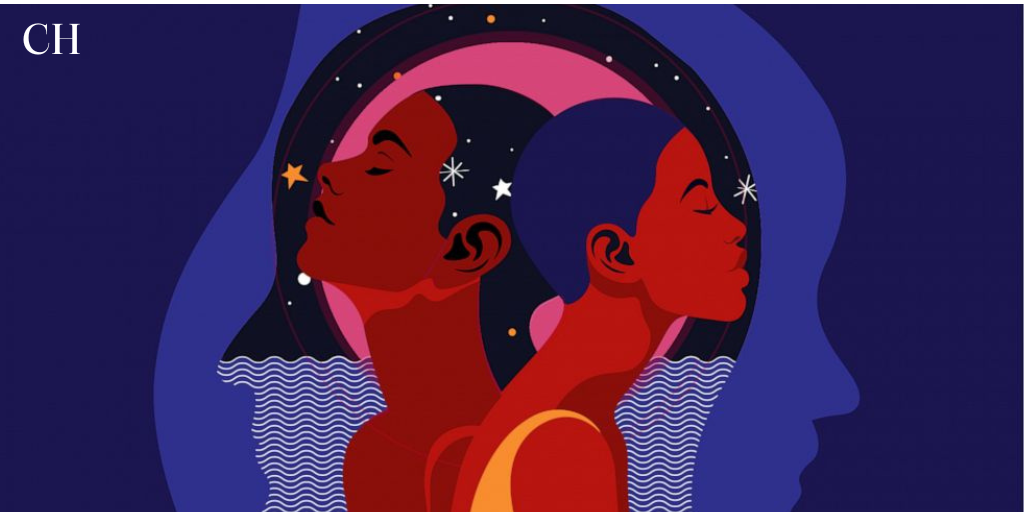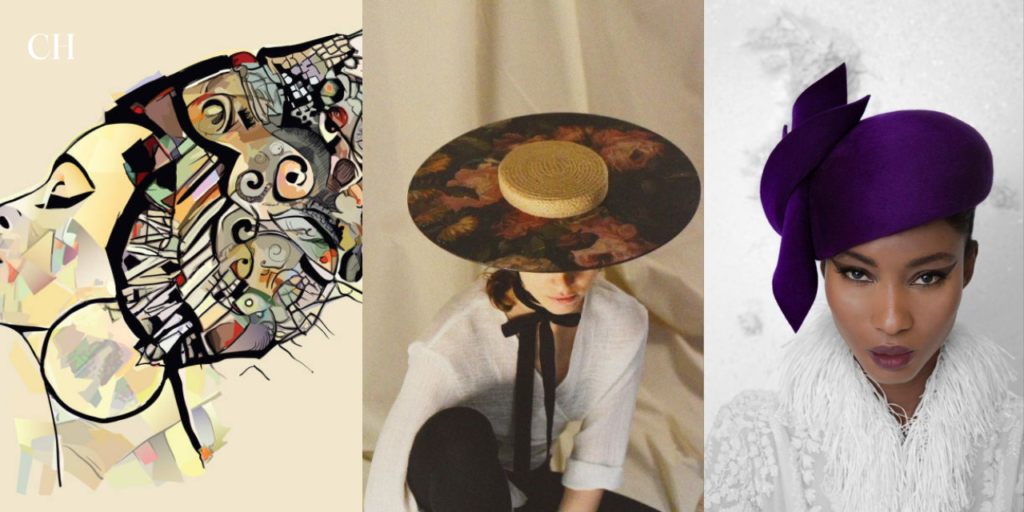
Mental health and wellness are critical components of total well-being, and addressing them specifically for Black women requires an understanding of the unique problems and barriers they experience. Black women frequently face racial discrimination and microaggressions in a variety of situations, including the workplace, educational institutions, and healthcare facilities. These experiences can result in chronic stress and mental health concerns, adding an extra burden that can be difficult to manage. Furthermore, cultural stigma in the Black community may hinder people from obtaining care. There is a common belief that mental health disorders are a sign of weakness, which leads to underutilization of mental health treatments.
Socioeconomic issues have a substantial impact on Black women’s mental health. Economic inequities, such as lower incomes and higher unemployment rates, can exacerbate stress, anxiety, and depression. Another significant barrier to accessing quality mental health care for Black women is a lack of insurance, cultural insensitivity from providers, and regional limits. Furthermore, historical trauma caused by the legacy of slavery, segregation, and ongoing systemic racism can have long-term repercussions on mental health, complicating the wellness picture for black women.
According to Johns Hopkins Medicine Access to mental health care with cultural sensitivity is often listed as a consideration for minority women seeking care from psychiatric providers. More people, including high-profile celebrities — actors, singers and political representatives from minority communities — are opening up about their battles with depression, including, at times, thoughts of suicide. Recently, several high-profile suicides have initiated conversations about treatment options and the devastating impact of suicide on family and friends left to process their loss. Normalizing this discussion will continue to be a key factor in helping others identify when and how to seek help.
To address these issues, culturally competent therapy is required. Seeking therapists who understand the cultural context and the obstacles that Black women confront can result in more successful treatment. Community support is also important, and connecting with supportive communities, whether through support groups, social networks, or faith-based organizations, can foster a sense of belonging and understanding. Self-care activities such as exercise, meditation, writing, and hobbies can aid in stress management and overall well-being.
Education and awareness are essential for empowering Black women to seek aid when necessary. Increasing mental health awareness and eliminating stigma via education can have a big impact. Public health campaigns and community projects can help significantly in this area. Advocacy and policy change are also important, since tackling economic inequality, healthcare access, and racial discrimination can lead to a more conducive environment for mental health. Finding mentors and role models who have had similar hardships can offer advice and encouragement, allowing Black women to recognize that they are not alone in their struggles.
There are several tools available to help Black women with their mental health and wellness. For example, Therapy for Black Girls is an online resource that promotes the mental health of Black women and girls. The Black Emotional and Mental Health Collective (BEAM) is a national training, movement-building, and grant-making organization dedicated to healing, wellness, and liberation for Black and disenfranchised groups. Furthermore, the National Alliance on Mental Illness (NAMI) provides services and support groups for mental health difficulties, serving as a lifeline to individuals in need.
Promoting mental health and wellness among Black women necessitates a holistic strategy that considers both individual and systemic variables. Understanding the particular obstacles and applying supportive techniques can help Black women improve their mental health and overall well-being.


